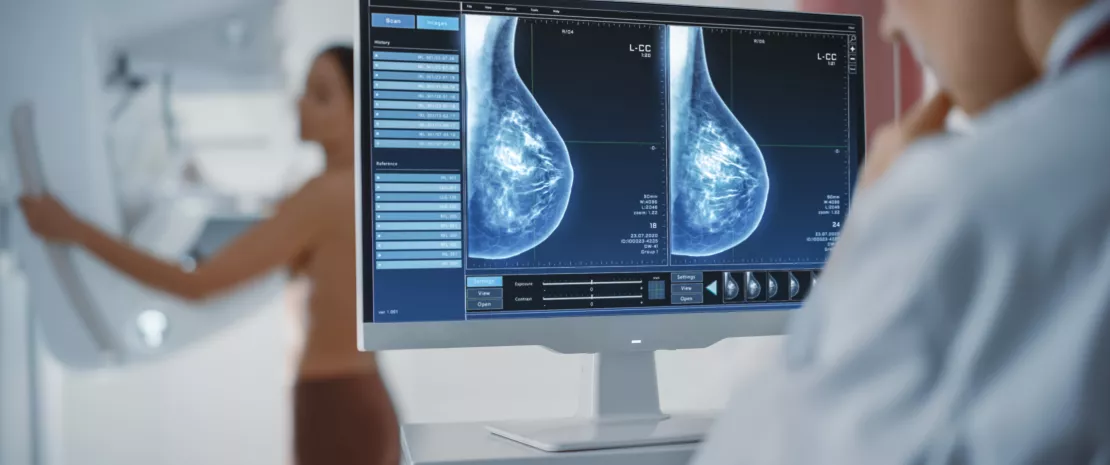Microbiota and breast cancer
Breast cancer is the most common female cancer in the world. In addition to genetic factors and already identified risk factors such as tobacco and alcohol consumption, other less known elements are also most certainly involved. Recently, several studies have highlighted the direct and indirect role of microbiota in the development of breast cancer. Here is the explanation13.
- Learn all about microbiota
- Microbiota and related conditions
- Act on your microbiota
- Publications
- About the Institute
Healthcare professionals section
Find here your dedicated section
Sources
This article is based on scientific information
Sections

About this article
Before menopause, estrogens are synthesized by ovaries and later, other tissues take over (fatty tissue, brain, hypothalamus). A portion of estrogens produced are subject to chemical reactions of detoxification by the liver (which makes molecules harmless to the body) and then excreted in the bile. They are then transferred to the intestines where they are deconjugated by the microbiota before being reabsorbed by the tissues or released into the blood flow. Depending on the composition of the microbiota, this reabsorption means that hormonal metabolites with differentiated estrogenic activity are released back into the blood flow. It seems that breast cancer risk is contingent, as least partly, on the nature and ratio between metabolites and estrogens.
This “deconjugation” is led by bacterial genes, mainly an enzyme which is involved in the degradation of complex sugars and whose activity can be modulated by diet and by the intestinal microbiota. Blocking the actions of this enzyme could thus decrease the level of active estrogens released back into the blood flow and reduce breast cancer risk. This is precisely the hypothesis that a team of American scientists is currently testing in mice.
Breast microbiota
Some researchers also discovered a microbiota in the breast tissue. Its composition, and more specifically the abundance or lack of specific bacterial families, seems to be different whether the host is suffering from breast cancer or not. Other researchers made a similar finding in the intestinal microbiota, whose composition seems to vary depending on the stage of cancer. The alteration of the intestinal microbiota (dysbiosis) as a starting point for breast cancer is an avenue seriously considered by researchers
Is there a link between the different microbiotas?
At this time, all these assumptions are leads worthwhile to be investigated. Further research should focus on determining if there are links between the different microbiotas, and whether these links lead them to act together to generate an environment favoring the development of breast cancer.
KEY FIGURES - BREAST CANCER:
54,000 new cases every year in France (Source : INCa, Santé Publique France)
1 out of every 4 cancers in women in the world (Source : IARC | OMS)
571,000 deaths every year in the world (Source : IARC | OMS)








